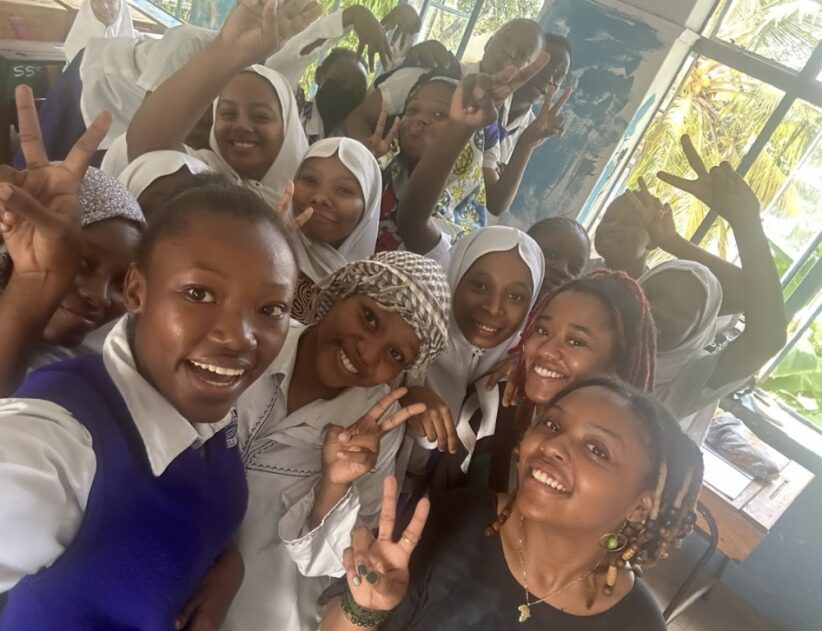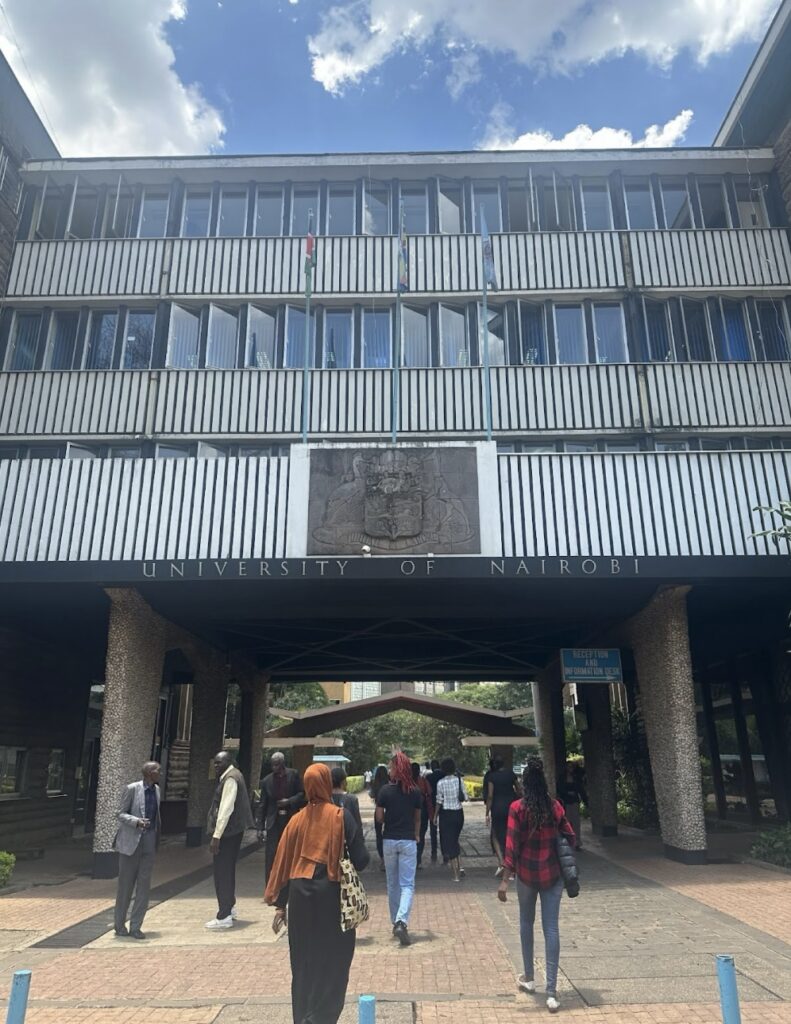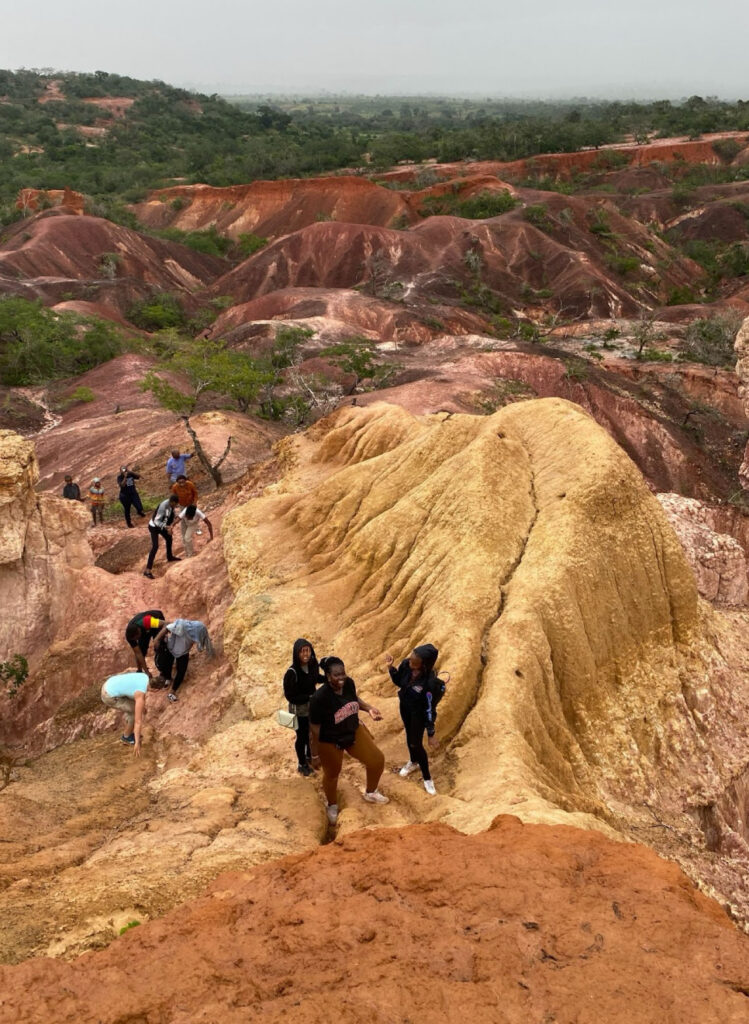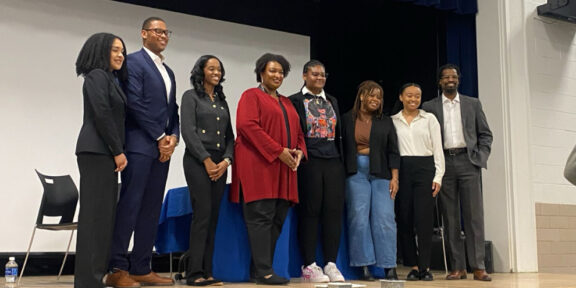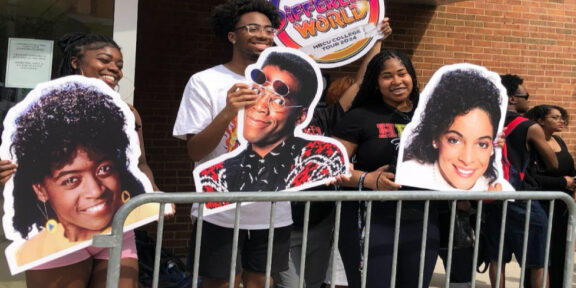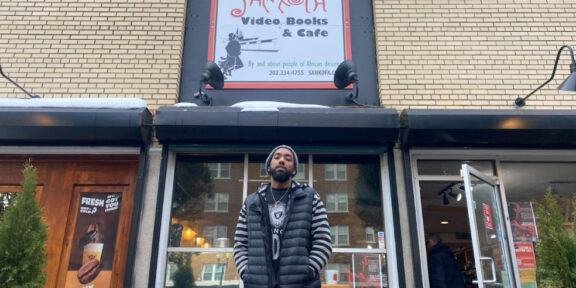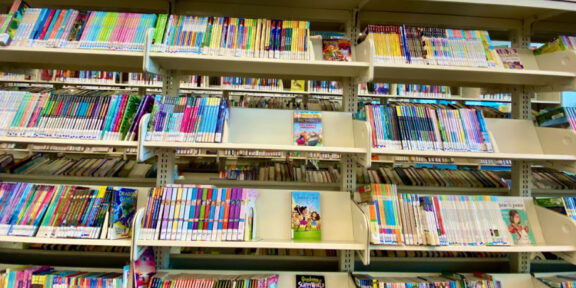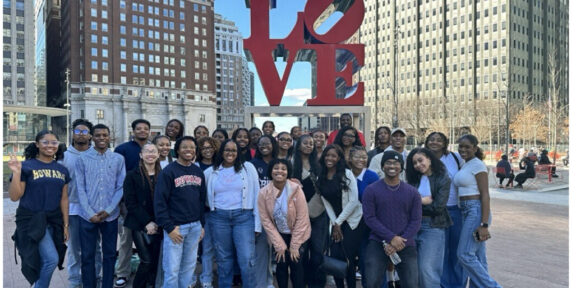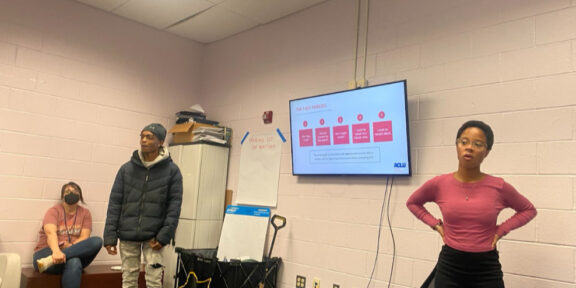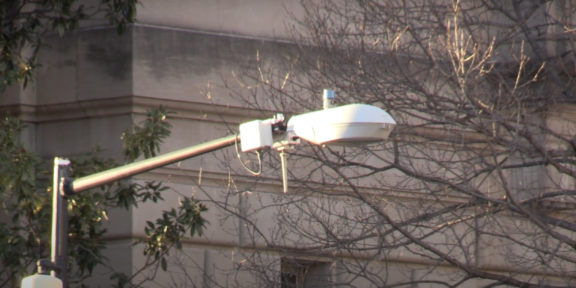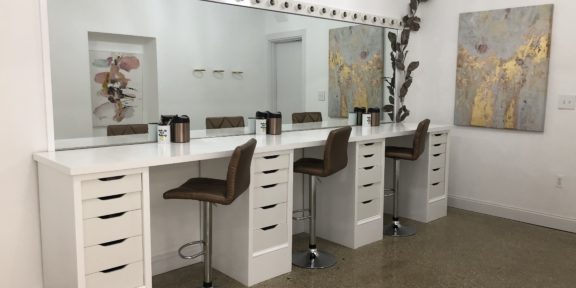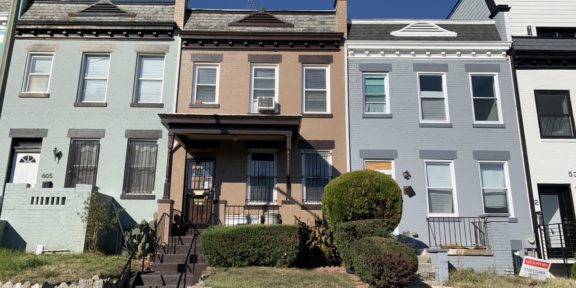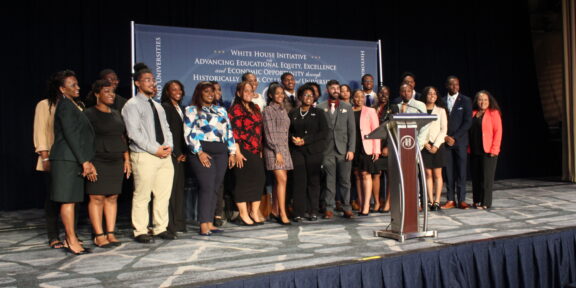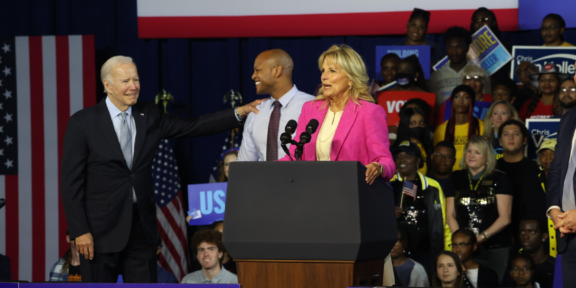By Kareema Bangura
During this past spring break, Amoa Salaam set foot on the soil of East Africa for the first time.
The warmth he received from the Kenyan community encouraged him to continue pursuing his studies in the language of Kiswahili.
From Feb. 29 to March 11, Salaam, along with other participating students, journeyed throughout the country of Kenya, immersing themselves in the communities and cultures surrounding the language of Swahili.
“When you come to a place and the people are singing for you, it’s nice! It’s like home,” said Salaam, a senior mathematics major and African language minor. “It allowed me to see Africa and African people more clearly, not only through the lens of Western media.”
The trip by Howard University students marked the first inaugural spring semester study abroad trip to Kenya.
This summer, the Howard University Swahili Study Abroad (HUSSA) program will operate its yearly abroad trip to Kenya, lasting six to eight weeks. The language-intensive program will be open to all HU students interested in enhancing their language skills and cultural understanding.
“We want people to learn more languages and be able to understand the cultures of the people who speak those languages,” said Leonard Muaka, trip director and associate professor in the Department of World Languages and Culture.
Partnerships with Kenyatta University and the University of Nairobi allowed students to learn from guest lecturers. Students also embarked on excursions across the cities of Nairobi, Mombasa, and Kilifi, interacting with students in primary schools and exploring cultural centers to learn about diverse ethnic groups and indigenous knowledge.
“We also had students interacting with Kenyan university students so that they could help them understand how things are done there,” Muaka continued. “For Language and development, students had a topic, so they were using the student partners to help them respond to questions.”
Study abroad students enter the University of Nairobi gates, engaging in cultural immersion lectures. The inaugural abroad trip marks the first to take place at Howard University. (Photo courtesy of student participant Vanita Jenkins)
Faculty-led abroad programs have enabled countless students to engage with the world through an HU framework, according to Jamilah Rashid, a Howard alumna and study abroad manager at the Ralph J. Bunch International Affairs Center.
The Center offers a range of study-abroad programs through long-standing partnerships, such as the International Student Exchange Program (ISEP), which helps students manage housing, pre-departure, insurance and academic enrollment.
“Transcripts do not need to be articulated as a foreign transcript because they’re coming through our providers and students would receive the Howard classes that they got approved to do,” Rashid said. “Those classes go on to their transcript, along with the grades that they received from abroad.”

Howard University students pose at an excursion to the Giraffe Center in Nairobi. The 10-day inaugural program, led by Leonard Muaka, allowed students to take excursions and immerse themselves in Kenyan culture. (Photo courtesy of student participant Vanita Jenkins)
A plethora of regions are offered within the study abroad programs at Howard. Among them, Africa is the most underrepresented, according to Rashid.
“Where there are academic connections and places that offer value for our students, 100% we’re all about expanding to those regions,” Rashid said. “But currently, the locations that we have partnerships with are satisfying the student demand.”
Last year’s HUSSA students hiked through the infamous sandstone canyon, “Hell’s Kitchen,” located outside of Malindi, Kenya. (Photo by Kareema Bangura).
In hopes of expanding global knowledge and language, the Center of African Studies continues to advocate for African-centered programming that will allow room for more global exchanges for Howard students.
“Global connection is a powerful thing,” Muaka said. “You cannot kill that.”

